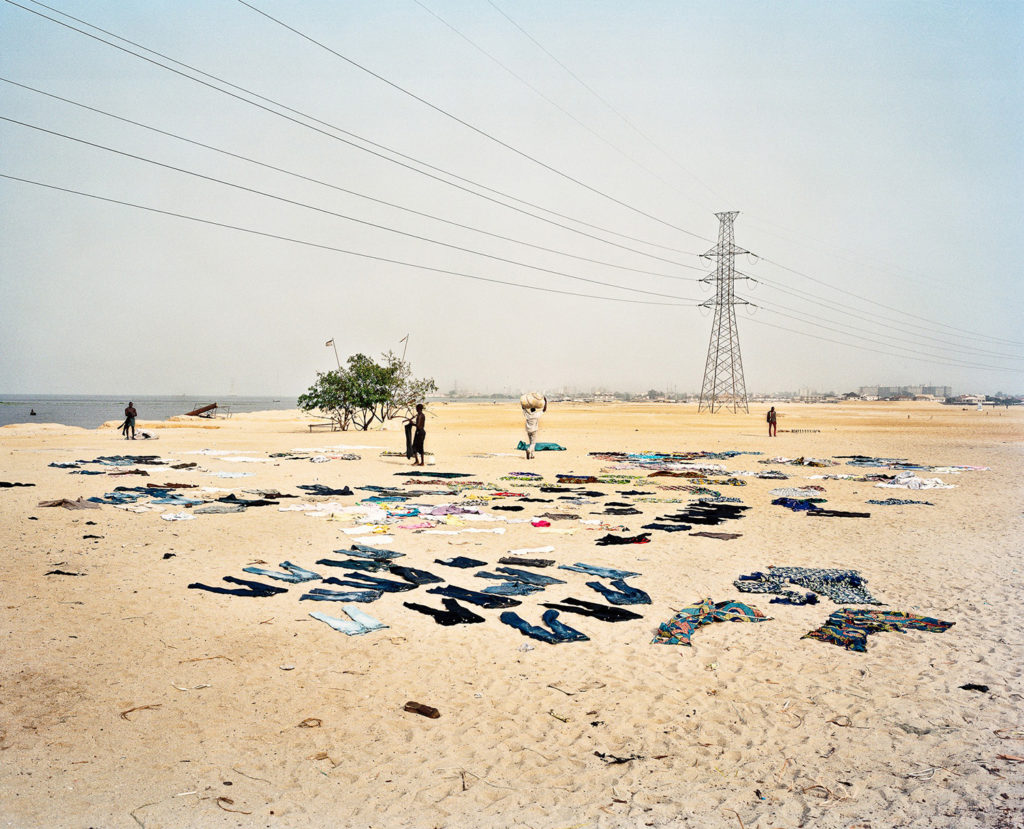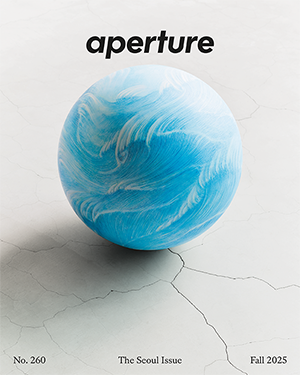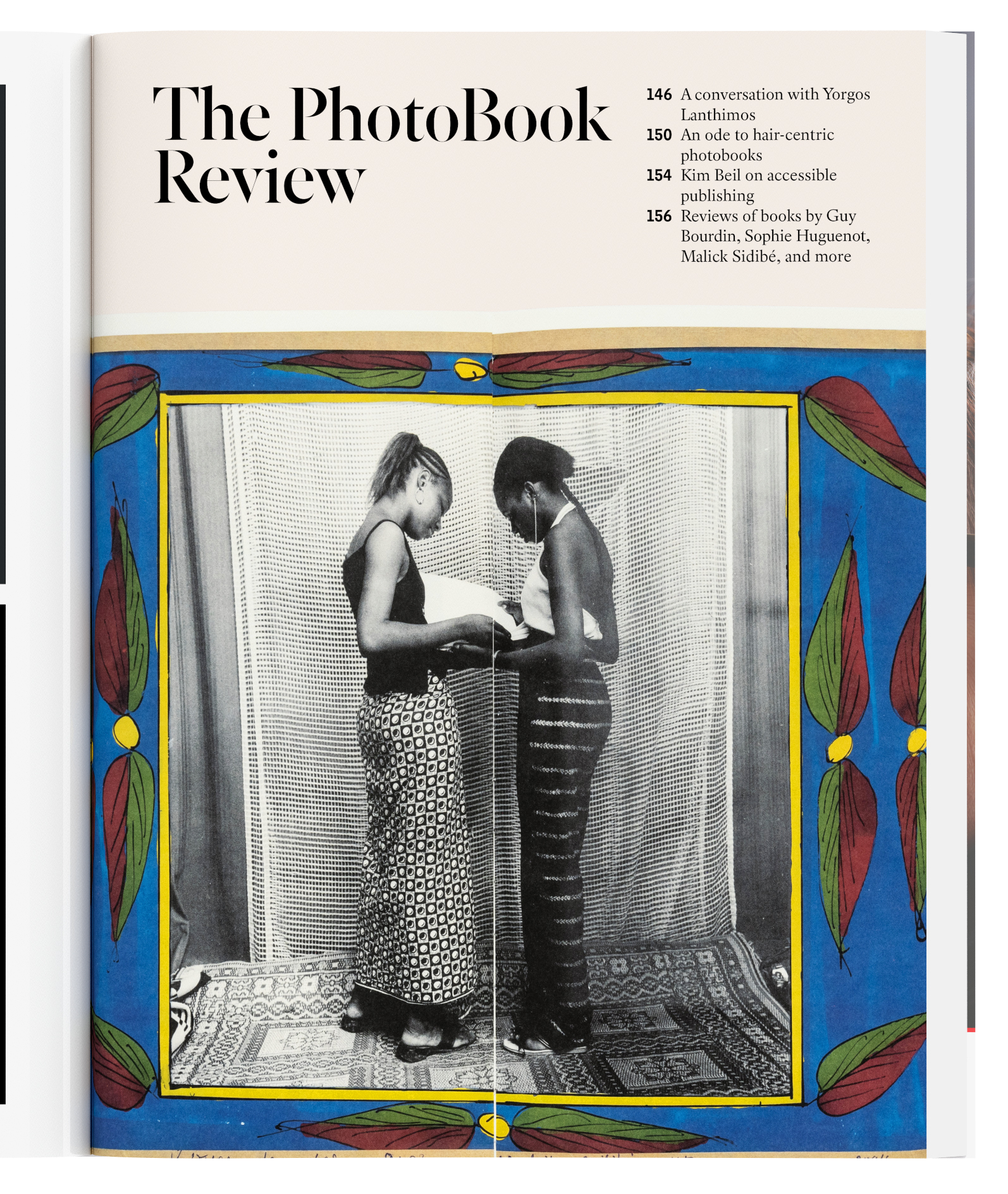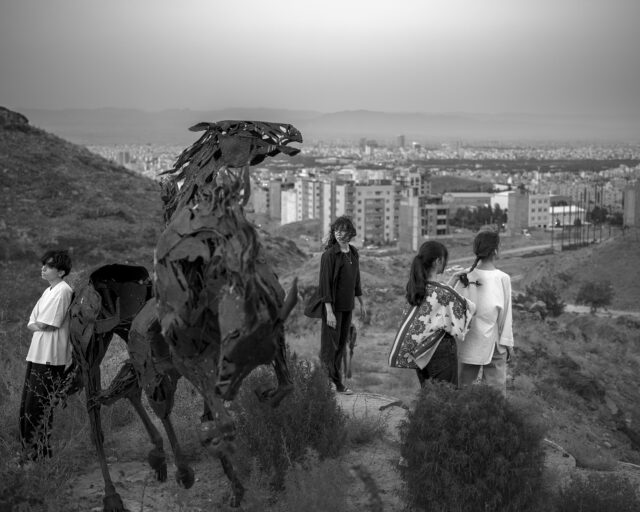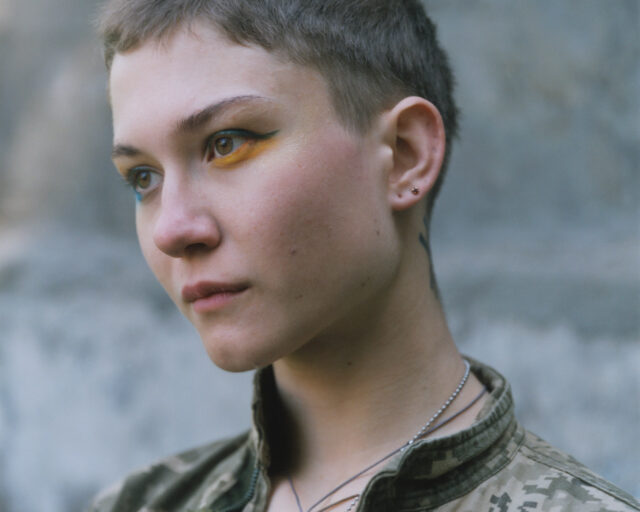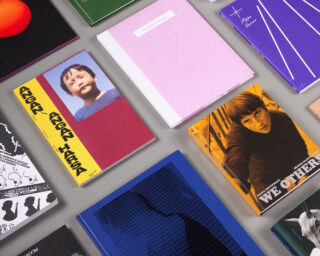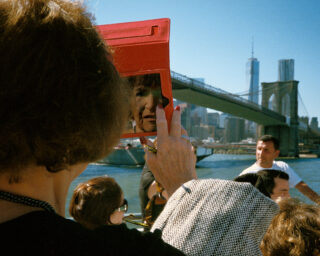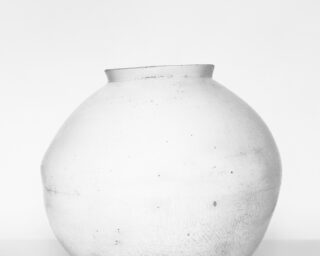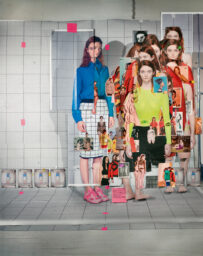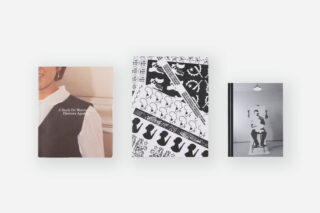2010 Portfolio Prize Runner Up: Julian Röder
Courtesy of Julien Röder
Julian Röder’s series, Lagos Transformation, is centered around a simple concept—the interchange of chaos and order. Röder’s cityscapes depict the complicated expansion of Nigeria’s largest and fastest-growing city. Though the concept is simple, the resulting images show a complex relationship that is part landscape, part
document. Paying close attention to color and scale, Röder summarizes multi-tieremulti-tieredd landscapes and a broad cultural investigation into singular, factual photographs, offering viewers an intimate examination of a society in the midst of dramatic changethat could not otherwise be experienced.
Upon first glance, Röder’s photographs impart the appearance of order. There are hundreds of cars parked in neat rows, workers’ shanties mimicking a city grid, and new public buses, bright red and ready to depart. But look closer and chaos begins to emerge. Amongst the rows of new buses are haphazard piles of tires, electricity generators are scattered on roofs, and there are no roads for the hundreds of cars to drive on. We find a city bursting and ready for expansion, but with no place to go.
And while infrastructure is overloaded, Röder’s work also reveals that Lagos is a city full of engineers. Everyone builds, tinkers, and welds, creating their own order out of chaos. In particular, Röder praises the efforts of new governor Babatunde Fashola, who has installed new bus lanes and solar-powered streetlights, and built hospitals and schools, all with the understanding that “if he is going to be successful . . . it will be because he focuses on individual solutions, instead of . . . one new system to regulate everything.” In a complex culture, says Röder, “Chaos is not evil, it is simply the way things are.”

